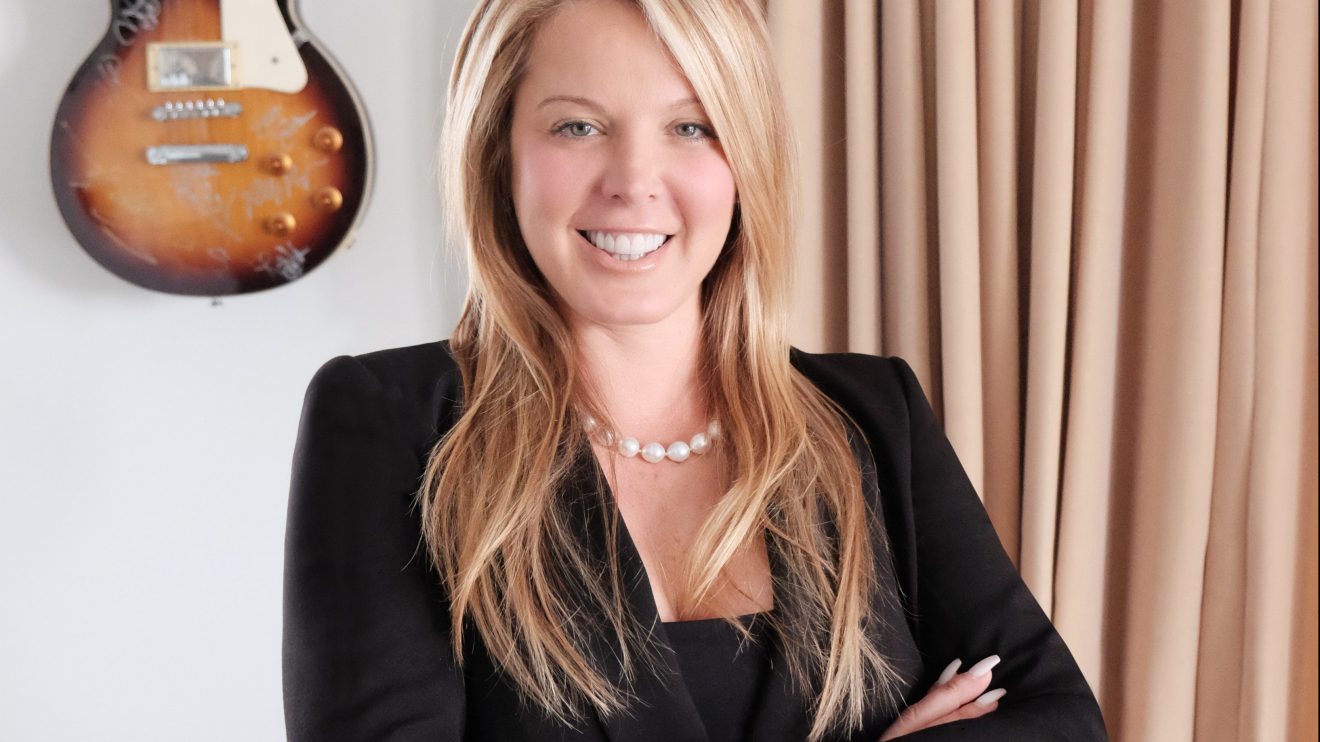Long before Beatles’ superstar George Harrison and Indian sitar legend Ravi Shankar organized the first benefit concert in 1971, music had served as a catalyst for improving the human condition. The power of music, however, was limited to listening and its ability to affect society on a global scale had yet to be realized. Unleashing its potential with The Concert for Bangladesh, Harrison and Shankar — along with thousands of devoted fans —not only raised millions for Bangladesh relief but also paved the way and inspired a new wave of philanthropy within the music industry.
In 1984, the Boomtown Rat’s lead musician Bob Geldof and Midge Ure formed Band Aid – a charity group comprised of mainly British and Irish musicians and recording artists. They went on to release the song “Do They Know It’s Christmas?” and orchestrated the Live Aid concert to raise funds for victims of famine in Ethiopia. With some 70 acts performing for approximately 162,000 music fans at stadiums in London and Philadelphia, more than 1.5 billion people around the world witnessed the historic concerts via television. Supported by legendary artists like Phil Collins, Live Aid raised well over $200 million dollars in aid.
Both The Concert for Bangladesh and Band Aid were undoubtedly the impetus for more philanthropic organizations to emerge within the music industry. Spearheaded by music producer Quincy Jones, the organization’s hit single “We Are The World” became an overnight sensation. Written by Michael Jackson and Lionel Richie, the song featured Bob Dylan, Willie Nelson, Cyndi Lauper, Billy Joel, Dionne Warwick, Kenny Rogers and Diana Ross among the 40 performing artists. This effort helped generate $75 million for famine relief and recovery and development programs in Africa. It is truly remarkable considering that three or four decades ago, there was no immediate internet or social media access for the population to share information with each other.
Uniting People With The Power Of Music
Since then, music executives, promoters, and artists have continued to contribute to a long legacy of humanitarian efforts determined to take on some of mankind’s greatest challenges. A brief snapshot of some of the most successful benefit concerts of all time reveals the incredible allure of music —and its ability to unite people for a common cause regardless of age, gender, race or religion:
-
- A Concert for Life: A Freddie Mercury tribute, the 1992 concert reportedly grossed $35 million to raise awareness of and fight the global AIDS epidemic.
- America: A Tribute to Heroes: Taking place in 2001, 10 days after the World Trade Center bombings in New York City, the event raised $200 million for United Way’s Telethon Fund.
- Live 8: Through a series of eight concerts that took place around the world in 2005 during the 20th anniversary of Live Aid, leaders pledged to increase aid to developing countries by $50 billion by 2010, including an increase of $25 billion in aid for Africa.
- Live Earth: A 2007 concert to combat climate change, more than 150 musical acts performed in 11 locations around the world, broadcasting via televisions and computers to raise awareness of increasing man-made conditions threatening the environment.
- One Love Manchester: A benefit concert to support victims of the deadly bombing at the Ariana Grande concert in Manchester, England, all-stars including Justin Bieber, Katy Perry, Miley Cyrus, Coldplay, Pharrell Williams, Usher and the Black Eyed Peas joined Grande in solidarity and raised approximately $24 million.
Unleashing The Universal And Transformative Power of Music
Today, philanthropy in the music industry is perhaps stronger than ever. With music giants like Bono, Elton John and Drake using their celebrity status to raise hundreds of millions in support of international and local organizations. Companies producing, distributing and streaming music are equally committed to giving back. In fact, social responsibility is at the core of some of music’s most powerful organizations. Consider Universal Music Group’s executive vice president Michele Anthony who was named the 2017 UJA-Federation of New York Music “Visionary of the Year” for her commitment to philanthropy. Also Nicki Farag, Def Jam Records’ senior vice president of promotion who pushed the rapper Logic’s controversial yet heart-wrenching song “1-800-273-8255” to the top of the charts to support suicide prevention efforts. Particularly, with new technology enabling industry-related organizations and individuals to reach unprecedented numbers of fans and influencers, companies are pouring resources into charitable causes that feed the hungry, aid victims of natural disasters, support homeless veterans and uphold civil rights.
With a resounding voice for change, artists, producers, record labels and streaming platform enterprises alike are collectively on a path to amplify the transformative power of music. Inspiring action, they can offer hope to a world desperately in need of healing. Science alone has proven, without a doubt, that music can soothe the soul and alleviate suffering. In fact, music may be the one universal language that everyone can understand – even if only experienced through vibration.
Beethoven may have understood this best when he stated, “Music is a higher revelation than all wisdom and philosophy.” Invisible to the eye yet the energetic force behind visionaries like him, music may indeed be the most powerful agent of change this world will ever know.






Add Comment